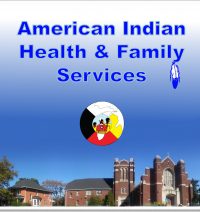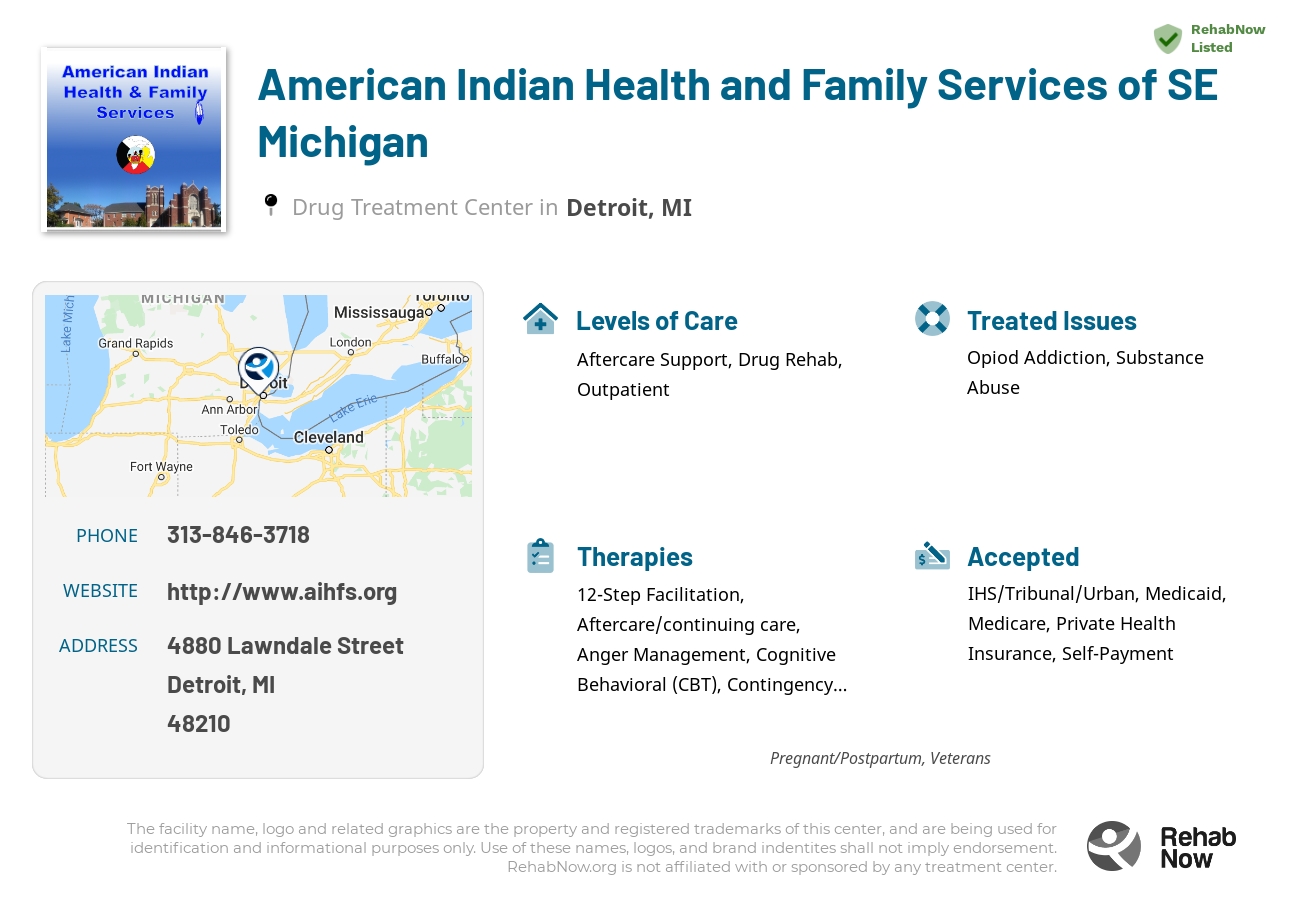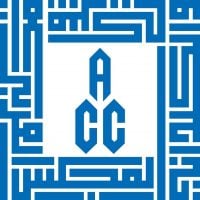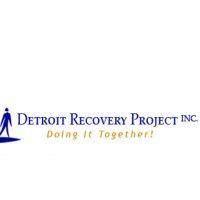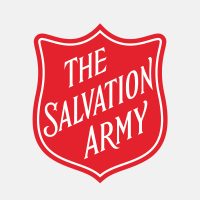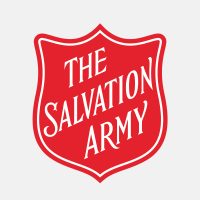American Indian Health and Family Services of SE Michigan
Drug Rehab Center in Detroit, Michigan
American Indian Health and Family Services of SE Michigan provides comprehensive healthcare services, including substance abuse and mental health treatment, to the Native American community and underserved urban populations in Detroit, Michigan.
About This Detroit, MI Facility
American Indian Health and Family Services of SE Michigan is a community-based health center located in Detroit, Michigan. It provides a range of healthcare services to the Native American community and other underserved urban populations. Their suite of services extends beyond traditional medical care to include mental health and substance abuse treatment, primary care, dental services, behavioral health and social services, and more.
American Indian Health and Family Services of SE Michigan is committed to providing comprehensive services to those affected by addiction and substance abuse. They offer outpatient and intensive outpatient programs, in addition to residential treatment for substance abuse and mental health. Patients are provided medically supervised detoxification, addiction counseling, education, relapse prevention, and aftercare. They also provide assistance with housing and employment assistance in order to help ensure long-term success.
American Indian Health and Family Services of SE Michigan has been awarded numerous accreditations and grants, including those from the Joint Commission, the United Way of Southeastern Michigan, and the Michigan Department of Health and Human Services. They are also licensed by the state of Michigan and certified by the Substance Abuse and Mental Health Services Administration (SAMHSA). In 2018, they were honored with the Expanding Care Award from the National Council for Behavioral Health.
Genders
Ages
Modality
Additional
Conditions and Issues Treated
Substance abuse refers to the intensive and inappropriate use of psychoactive substances. Psychoactive substances are those that affect brain function. These include illegal drugs, alcohol, and even the excessive use of prescription drugs. The overuse of psychoactive substances leads to severe physical or psychological dependence. It also affects the social life and relationships of the affected individual. Substance abuse is treatable.
The duration of treatment at American Indian Health and Family Services of SE Michigan in Detroit can require weeks or even months depending on the severity of the condition as there is a risk of relapse. Treatment options include medications, counseling sessions, various types of behavioral therapy, and group therapy in different combinations.
Addiction to prescription opioid painkillers like oxycodone and hydrocodone, and illicit opioids such as heroin, leads to potentially life-threatening withdrawal symptoms when discontinued. Opioid addiction treatment typically involves an inpatient stay at facilities like American Indian Health and Family Services of SE Michigan to make sure they get through withdrawal safely. Treatment also includes comprehensive mental health counseling.
Levels of Care Offered
This center offers a variety of custom treatment tailored to individual recovery. Currently available are Aftercare Support, Drug Rehab, Outpatient, with additional therapies available as listed below.
Outpatient programs are the standard for addiction treatment. About 9 in 10 U.S. adolescents entering addiction treatment enroll in these programs, so you’re not alone in Detroit, MI. Treatment is delivered in different settings – offices, clinics, and primary care clinics.
Facilities offer a variety of services, such as individual and group counseling and family therapy. During the sessions, you work with a team of experts that include: General physicians, Psychiatrists, Social Workers, and Psychologists. The main goals of outpatient recovery programs are to help addicted individuals reduce drug use and addictive behaviors, eventually becoming entirely sober.
Aftercare comprises services that help recovering addicts readjust to normal day-to-day Michigan activities. It can last a year or even longer. Services include individual and family counseling, medications to reduce cravings, and treatment of psychiatric and other medical conditions. Aftercare support begins once you have completed earlier stages of treatment.
American Indian Health and Family Services of SE Michigan‘s Therapies & Programs
Recovering from addiction involves recovering relationships as well. One of the most common areas of stress and damage during addiction is in intimate relationships. Couples therapy at American Indian Health and Family Services of SE Michigan can rebuild trust and joy that may have been damaged. Addiction involves everyone in the family, not only the addict.
Family roles can change in damaging ways that may require professional help to rebalance. Successful intimate relationships can decrease the chances for relapse by ensuring a healthy environment after rehab in Detroit, MI.
Addiction and alcoholism affect the entire family. For this reason, family therapy is vital to a person’s recovery from addiction. In contrast to couples counseling, family therapy at American Indian Health and Family Services of SE Michigan may include siblings, children, parents, and other significant people in the recovering person’s life. Family support is one of the most important pillars of recovery.
Many people turn to drugs and alcohol as a way of processing trauma that has affected them in the past. Trauma can include abuse, neglect, the loss of a loved one and other unpleasant incidents. Trauma therapy at American Indian Health and Family Services of SE Michigan helps patients process trauma. It gives them the tools to deal with it in a healthier manner.
Dialectical behavioral therapy (DBT) is a type of Cognitive Behavioral Therapy that focuses on eliminating specific negative thoughts such as suicidal thoughts that can potentially lead to an individual inflicting self-harm. It is useful in the treatment of patients exhibiting uncontrollable emotions, intense mood swings, and borderline personality disorders.
The term “Dialectic” means the integration of opposites. In the substance abuse context, DBT refers to accepting the patient’s addiction and working to change their thoughts and behavior. It improves life skills such as controlling the intense emotions without reacting impulsively, resolving the interpersonal conflicts effectively, and promoting awareness about self and others.
Cognitive Behavioral Therapy (CBT) examines the relationship between a patient’s thoughts, feelings and behaviors. American Indian Health and Family Services of SE Michigan aims to establish a healthy response to thoughts and feelings as an alternative to turning to drugs and alcohol. It also promotes healthy communication between addicts and those around them. It is and effective therapy for people suffering with all types of addictions.
Rational Emotive Behavior Therapy (REBT) is a type of cognitive therapy. It is based on the principle that irrational thoughts are responsible for the emotional and behavioral changes in addiction. So, the therapy starts with identifying the underlying irrational thoughts. These thoughts are then challenged and opposed logically and then replaced with positive thoughts. It also helps to change unwanted behavior with techniques such as meditation.
By imparting positive thoughts and emotions, Rational Emotive Behavior Therapy (REBT) makes the individual self-reliant with a capacity to handle the emotional and behavioral issues in future by themselves without professional help. This self-dependence benefits the patients and prevent relapses.
The recovery technique used by Alcoholics Anonymous is the 12 step program, but it can relate to any form of addiction. The 12 steps that addicts must take on the road to recovery are explained. Measures include acknowledging that you have a problem and agreeing to turn around your life. The curriculum, instructed by American Indian Health and Family Services of SE Michigan, also requires a belief in a greater power and making amends to others.
Contingency Management (CM), also called motivational incentives, is a type of pure behavioral therapy. It’s based on the idea that behavior is shaped, motivated, or controlled by its outcomes. CM is a clinical application at American Indian Health and Family Services of SE Michigan of operant conditioning, which helps clients eliminate unwanted behaviors by the use of positive and negative reinforcement.
Payment Options Accepted
For specific insurance or payment methods please contact us.
Is your insurance accepted?
Ask an expert, call (888) 674-0062
Additional Details
Specifics, location, and helpful extra information.
Detroit, Michigan 48210 Phone Number(313) 846-3718 Meta DetailsUpdated November 25, 2023
Staff Verified
Patient Reviews
There are no reviews yet. Be the first one to write one.
Detroit, Michigan Addiction Information
Michigan has the second-highest rate of drug and alcohol abuse in the nation. Heroin is linked to more than 50% of the state's hepatitis C cases. Marijuana is the drug most often associated with crimes in Michigan, followed by methamphetamines. Opioids alone are responsible for almost 20% of all drug overdose deaths in Michigan.
Over 1,000 drug-related overdose deaths occurred in Detroit, Michigan, in 2017 alone. Opioids (42%) and benzodiazepines (22%) are the most common drugs involved in overdose deaths. Drug overdoses killed more people in 2016 than homicides. In Detroit, Michigan, there are a variety of drug rehab centers to choose from. The most important thing is to find a facility that will best meet the needs of the individual.
Treatment in Nearby Cities
- Dearborn Heights, MI (6.5 mi.)
- Saint Ignace, MI (257.7 mi.)
- Fraser, MI (17.7 mi.)
- Harper Woods, MI (13.5 mi.)
- Lincoln, MI (163.5 mi.)
Centers near American Indian Health and Family Services of SE Michigan
The facility name, logo and brand are the property and registered trademarks of American Indian Health and Family Services of SE Michigan, and are being used for identification and informational purposes only. Use of these names, logos and brands shall not imply endorsement. RehabNow.org is not affiliated with or sponsored by American Indian Health and Family Services of SE Michigan.
